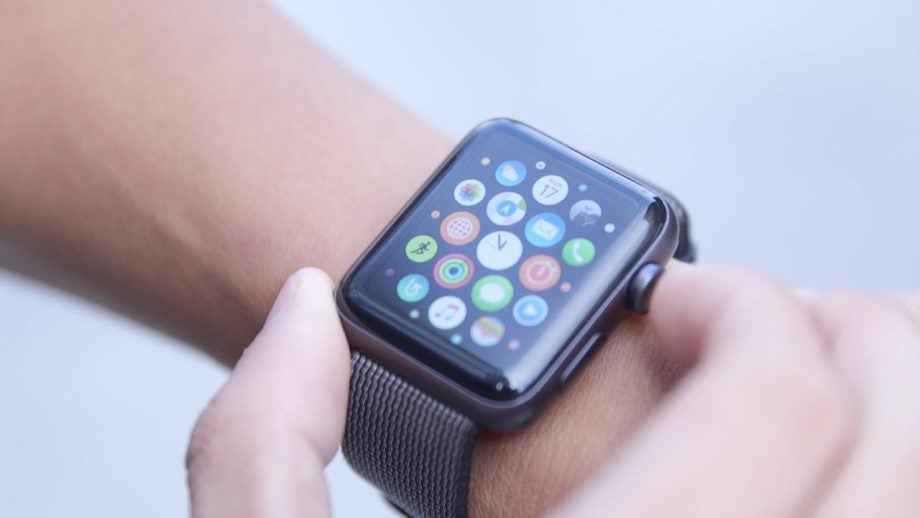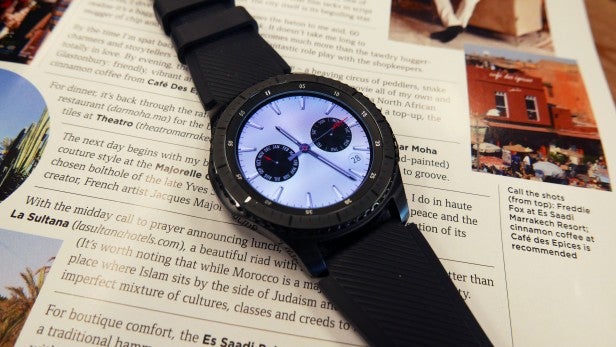Smartwatches spark significant rise in exam cheats

Smartwatches have quickly transformed from tech luxury to gadget necessity, and it seems that a certain group of users have found a new reason to buy one.
While their message-relaying, call-notifying, app-hosting ways can help enhance your daily life, some have found less wholesome uses for this connected tech with new figures showing smartwatches have contributed to a sharp rise in exam cheats.
According to new Freedom of Information requests, it’s emerged that there’s been a 42% rise in university students being caught using tech to cheat during their exams.
The newly emerged data, supplied to The Guardian, showed that one in four of those caught cheating were using wearable electronic devices such as smartwatches or wearable earpieces.
And that’s just the ones who got caught, it’s believed many more smartwatch-based cheats got away with their tech-based deceptions.
Related: Best Smartwatches 2017

“These figures are only going to show what’s been detected and students who cheat well won’t always get caught, especially now there’s so much mini-tech out there which is hard to spot,” said Thomas Lancaster, an expert on cheating and an associate dean at Staffordshire University.
His comments were echoed by The Quality Assurance Agency for Higher Education who added: “Clearly there’s potential for wearable tech to allow dishonest students to cheat.
“We are looking into this and will raise this with the group of experts that is helping to steer our contract cheating work.”
The data captured covered 41 out of 154 UK universities, and although most now prohibit smartphones being taken in to exam rooms, wearables such as the Apple Watch 2 or Samsung Gear S3 remain off the banned items list.
Although smartwatches are the most obvious wearable of choice for cheaters, some have been caught using advanced hearables that let them relay answers via audio.
“I was aware of a case of a student using a hidden earpiece and the only way [they were] found was when other students reported it,” said Irene Glendinning, academic manager at Coventry University.
“The student had long hair and there was no way we would have known.”
WATCH: Apple Watch Series 2
Should smartwatches be banned from exam halls? Have your say below.

